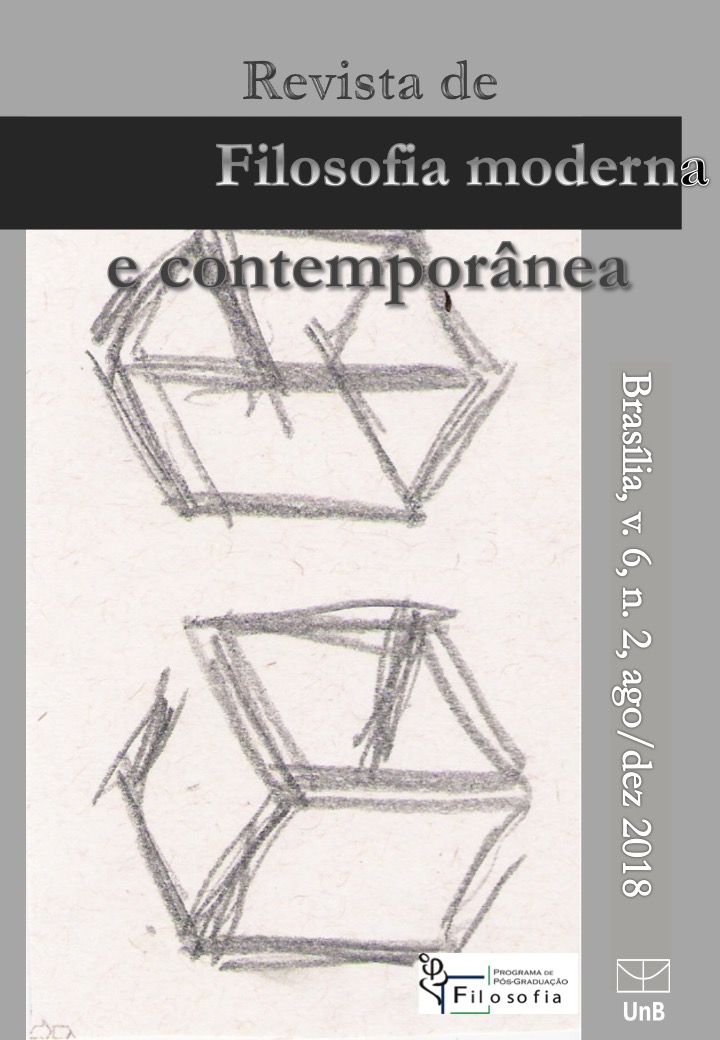Logical Pluralism, Monism and Relativism
DOI:
https://doi.org/10.26512/rfmc.v6i2.18883Keywords:
logical monism, logical pluralism, logical relativism, paraconsistentizationAbstract
Is there only one logic? Or are there several equally adequate logics? What does it mean, after all, that different logics can be equally adequate? And they would be adequate with respect to what? This article intends to analyze the different answers to these questions, that is, we will evaluate the central arguments of the debate between pluralism, relativism and logical monism. We will explain, on the one hand, the main assumptions of this discussion and, on the other hand, its philosophical ramifications. We will end by indicating the development of a possible logical pluralism using the notion of paraconsistentization of logics, which will be explained afterward. We do not intend to refute, once and for all, logical monism. We will show that the main arguments put forward by a monist against logical pluralism are unsound and therefore the existence of some form of logical pluralism remains possible.
Downloads
Downloads
Published
How to Cite
Issue
Section
License
Copyright for articles published in this journal is retained by the authors, with first publication rights granted to the journal. By virtue of their appearance in this open access journal, articles are free to use, with proper attribution, in educational and other non-commercial settings.


